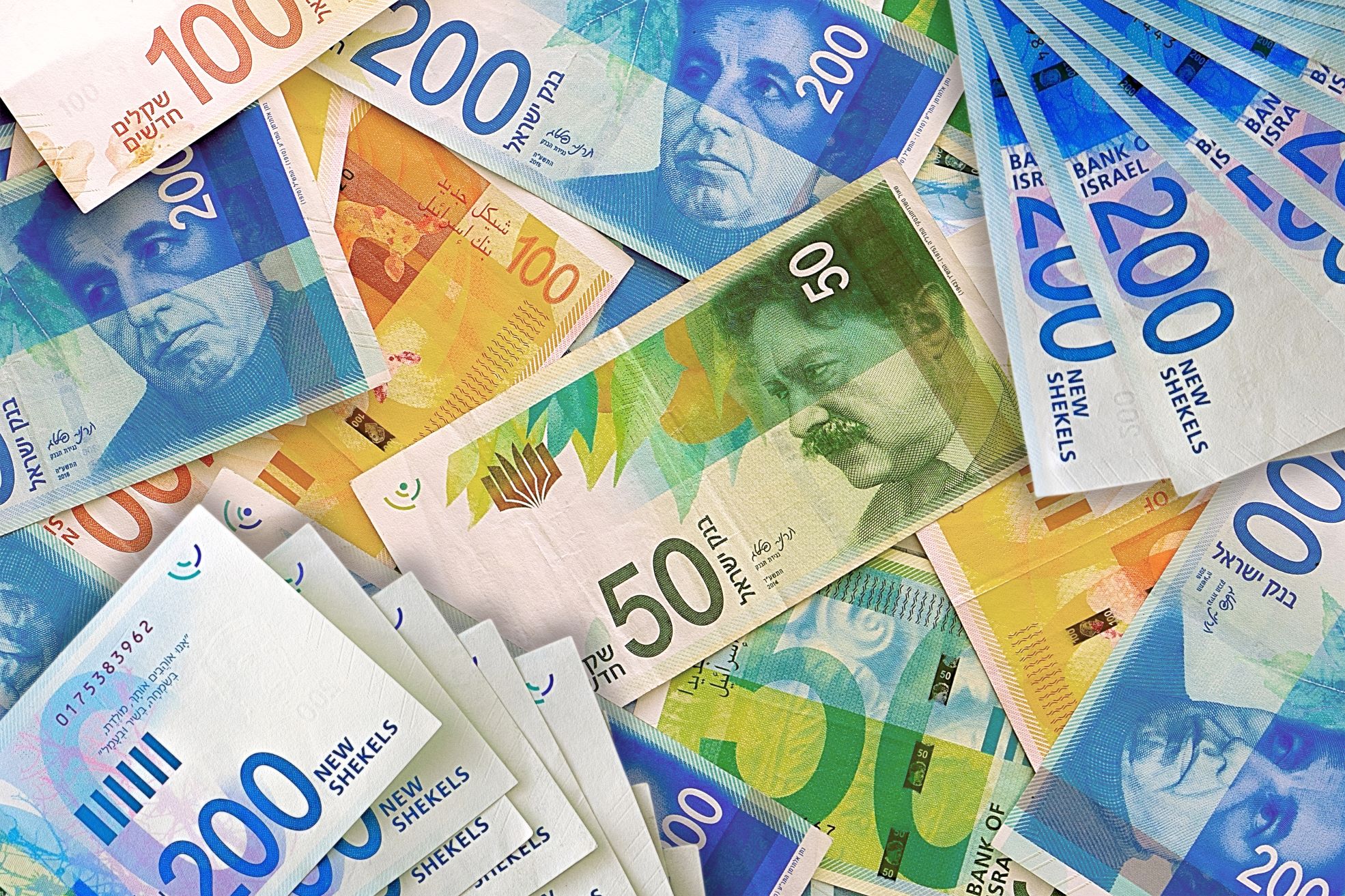The Israeli shekel has seen a significant surge in value against major foreign currencies, with the dollar plummeting by approximately 2% against the shekel and trading below the 3.6 shekels mark. Even the euro has witnessed a sharp depreciation against the shekel, with the euro-shekel exchange rate currently standing at 3.92 shekels. These fluctuations in the currency market have been attributed to the recent decision of the US Federal Reserve to maintain its interest rate at 5.5%.
Chen Herzog, Chief Economist at BDO, highlighted that market concerns prior to the Fed’s decision revolved around potential alterations in the US interest rate trajectory due to elevated inflation figures. The resultant apprehension led to a weakening of the dollar against the shekel.
Kobi Levy, head of the market strategies desk at Leumi, elucidated that the aftermath of the Fed’s decision witnessed a rally in the stock market, with the S&P 500 index breaching the 5,200-point threshold. Levy noted, “The dollar’s devaluation against major currencies, particularly the euro, was conspicuous.” The dollar’s devaluation against the shekel was particularly pronounced, with the dollar-shekel rate hovering around 3.61 compared to an average of 3.66 in preceding trading days.
Levy emphasized that while the initial reaction in the foreign exchange market was marked by volatility, subsequent corrections saw the dollar appreciating against the euro and sterling, albeit not against the shekel. He attributed this trend to stabilized foreign exchange exposures of institutions, which had previously coincided with strengthened shekel exchange rates.
However, Levy cautioned that the Israeli foreign exchange market’s low liquidity exacerbates volatility, with sharp fluctuations occurring due to minor imbalances in demand and supply. Despite intraday volatility, the shekel-dollar exchange rate has remained relatively stable over broader time frames.
Looking ahead, Herzog underscored the significance of local developments in influencing future shekel trends. Geopolitical dynamics, progress in hostage negotiations, and government fiscal responsibility are poised to shape exchange rate movements. Herzog warned against exceeding budget deficit targets, which could elevate risk premiums and weaken the shekel.
Overall, experts agree that that US stock market trends and local geopolitical conditions will be pivotal in determining shekel performance. Despite market fluctuations, Israel’s macroeconomic stability remains intact, with a long-term appreciation of the shekel anticipated barring a significant escalation of conflict on the northern border.





0 Comments